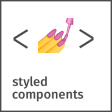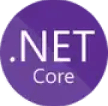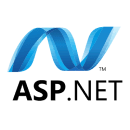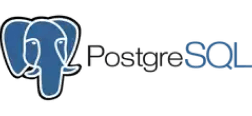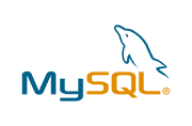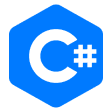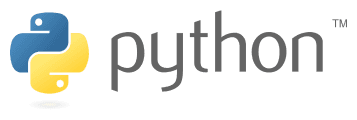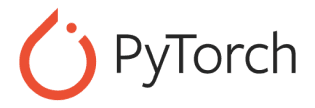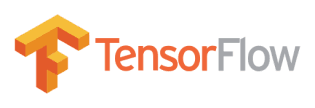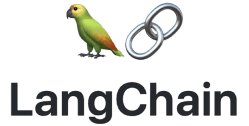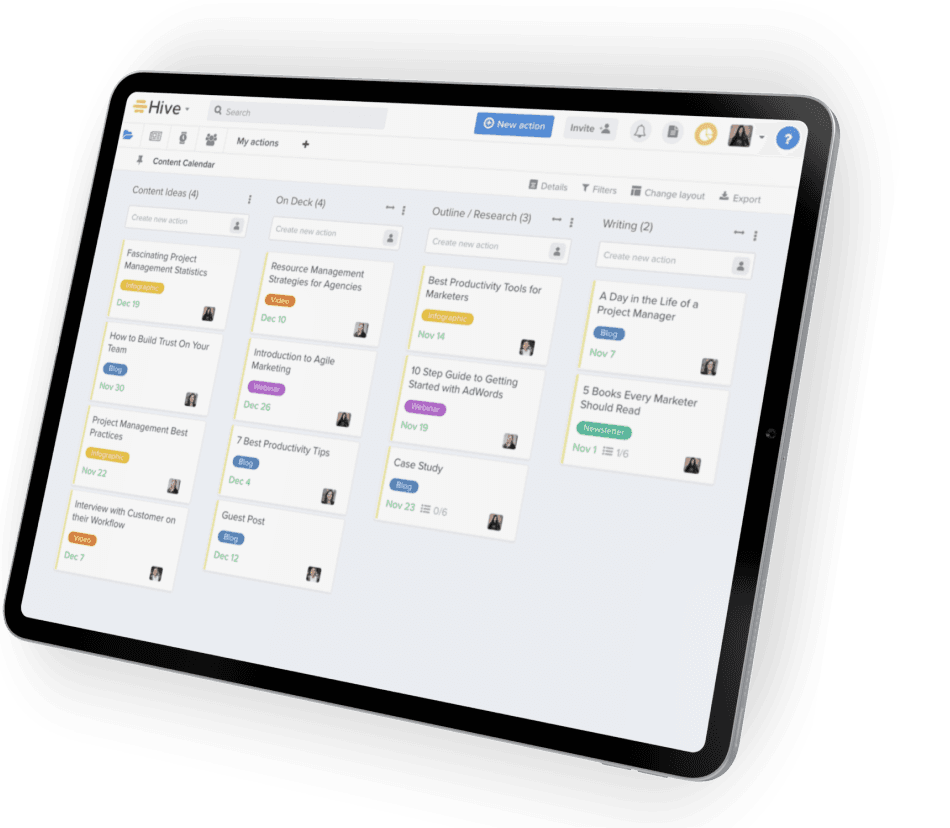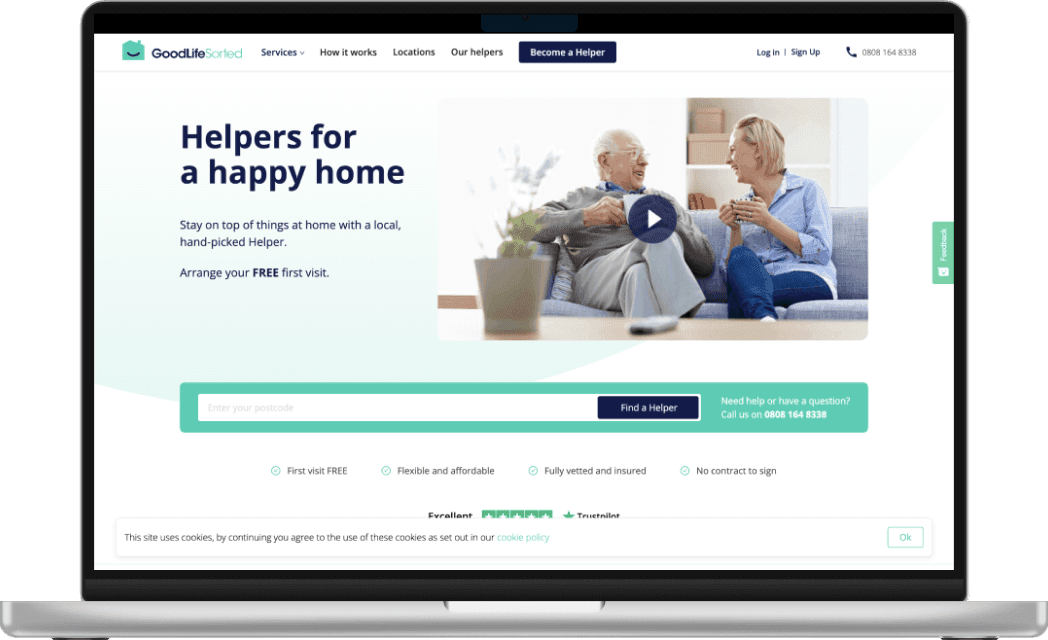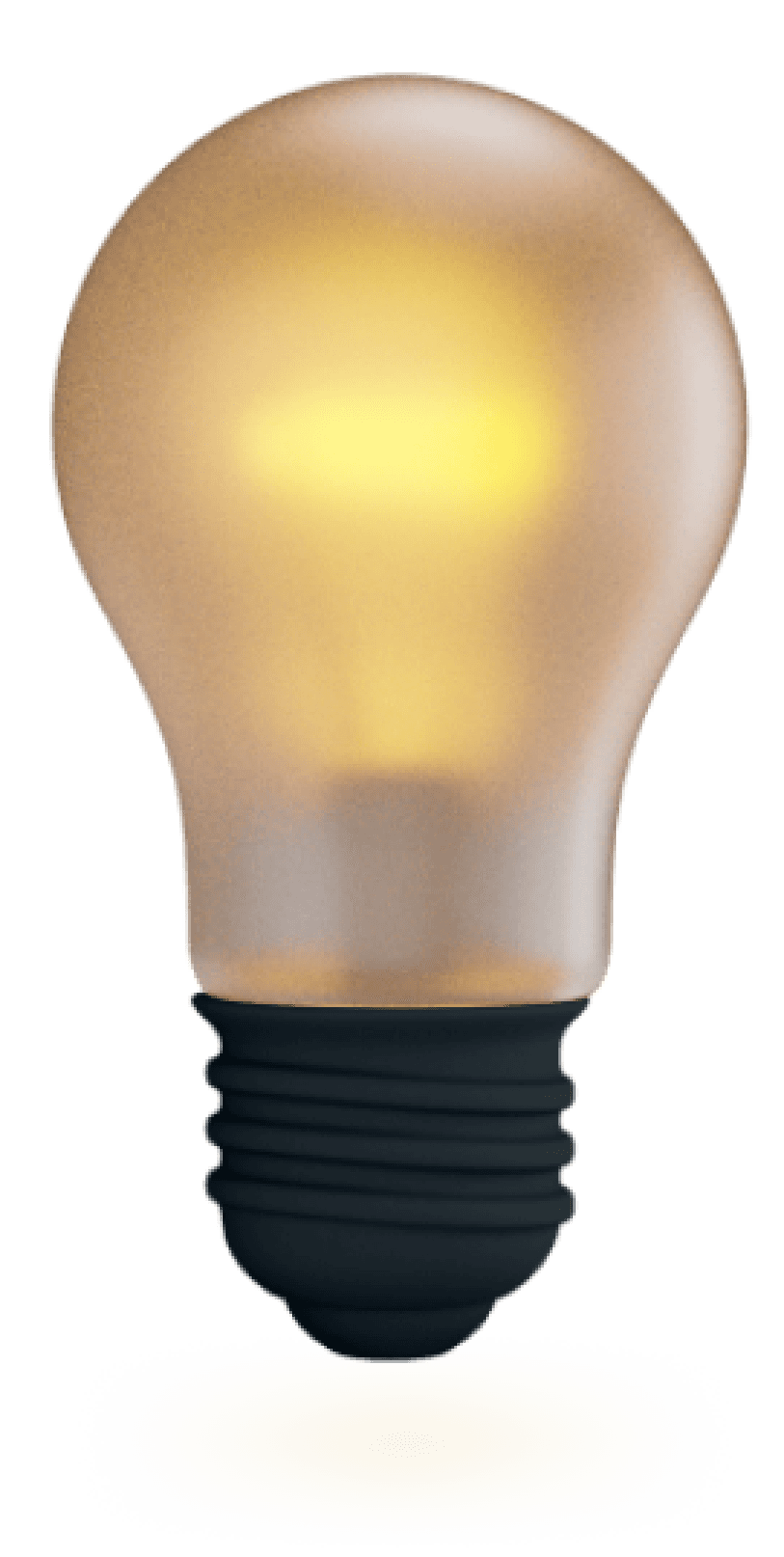Booking App Development
As of 2023, the landscape of online reservations and travel sales has continued to evolve rapidly. Online travel sales have surged even further, now exceeding a staggering $1.2 trillion worldwide. This remarkable growth is driven by changing consumer preferences and advances in technology.Benefits of booking apps for your business
Choose reservation software designed for your industry
Delivery booking app
In the fast-paced realm of transportation services, instant delivery is essential for both businesses and individual customers. Delivery apps simplify operations, cut costs, and ensure reliable tracking. With booking development services, you can get a B2B or B2C solution that will simplify the delivery of a wide range of items to your clients.
Home services booking app
Urgent problems need fast solutions. With a home services booking app, you can establish your own rules and generate optimal scheduling strategies, ensuring prompt assistance when your clients need it most. Whether you’re in HVAC, landscaping, painting, or any other home service business, you can get a solution that fits your business needs.
Flight booking app
The convenience and efficiency of online ticket purchase transformed the way people plan their journeys. With custom flight booking app development, you can create an app with a wide variety of features, from basic reservations to interactive cabin plans. On the flip side, your administrators will be able to smoothly manage flights, reservations, and even menu options.
Events booking app
Optimize the management of your events with event booking software. Let your customers discover the finest events in their location with an automated personalized feed. Whether it's a simple one-day occasion or a complex multi-day setup, get an activities booking system that supports various event structures, including time slot appointments.
Healthcare booking app
Improve your clinic's competitiveness and patient experience with cutting-edge healthcare booking software. With healthcare appointment scheduling software, you can streamline intake forms, seamlessly sync calendars, and automate client import, all while safeguarding your data through HIPAA compliance or other relevant regulations.
Hotel booking app
Booking tools unite global hotel owners and tourists. With a hotel booking app, you can streamline room reservations, recommend services, and foster personalized communication with travelers. Invest in hotel booking app development to elevate your hospitality business.
Beauty services booking app
Beauty appointment booking apps can bring the entire salon experience to your clients’ fingertips and even eliminate the need to step out for a haircut or manicure. A customer can simply select the desired treatment, date, and time, and choose from a pool of skilled stylists. A high-quality beauty services booking app can help you optimize workload, boost online presence, and cultivate lasting customer loyalty.
Success cases
We build apps based on modern tech stack
Essential features of booking apps
Booking app development process
Together, we will define the scope of development services your project needs. We evaluate ideas and construct a comprehensive project roadmap that will guide the booking system development.
During the Discovery phase, we conduct extensive research to pinpoint gaps in your current IT setup and validate your product concept. Our experts work closely with you to grasp your challenges, business objectives, and user expectations.
Our developers create a fully-functional custom booking system tailored precisely to your needs. We prioritize continuous iterations and rapid responses to your feedback.
We subject the product to rigorous testing to guarantee flawless functionality. After the product is thoroughly tested and released, we provide continual post-release support and maintenance.
Partners & Clients
It's our honor and pleasure to have contributed to our partners' and clients' success
Technologies we work with





